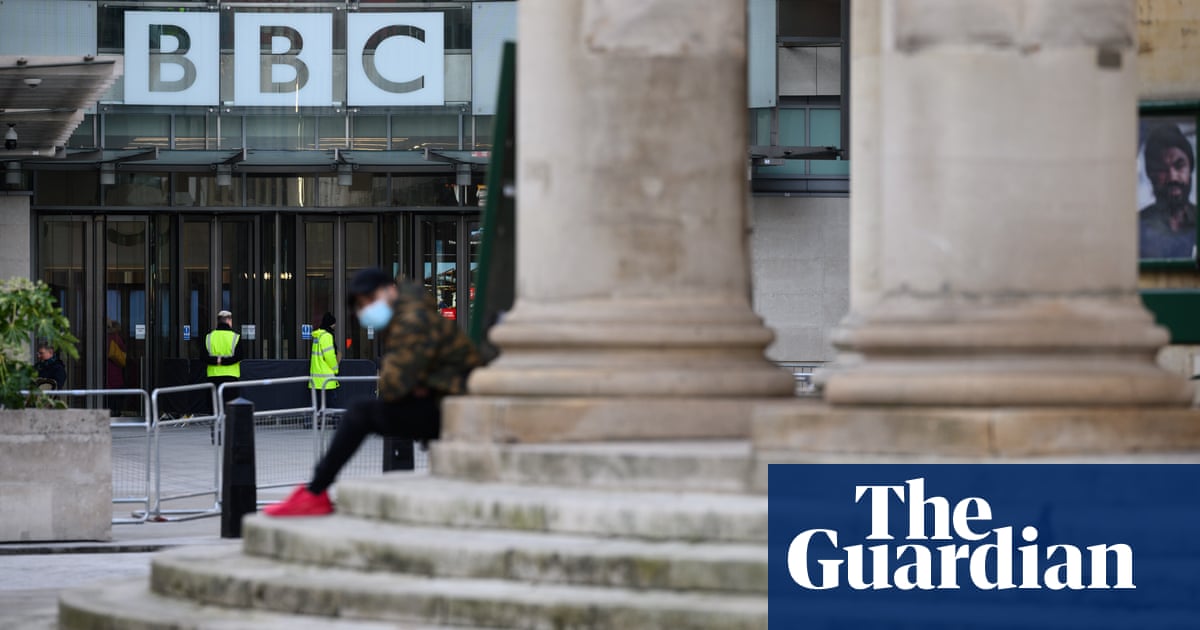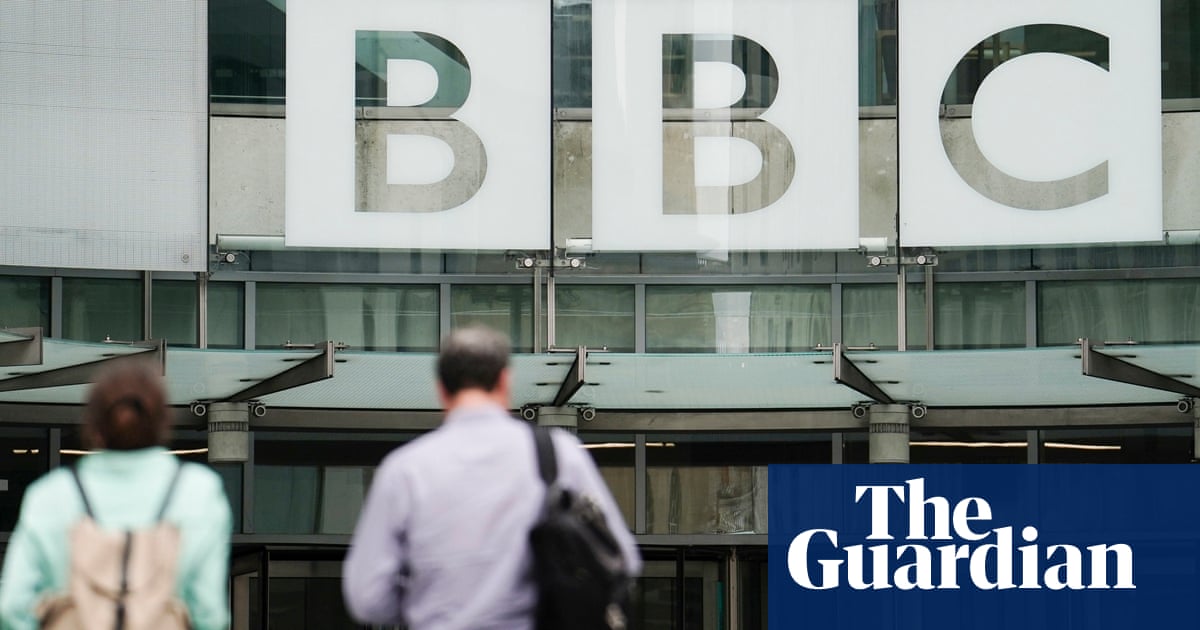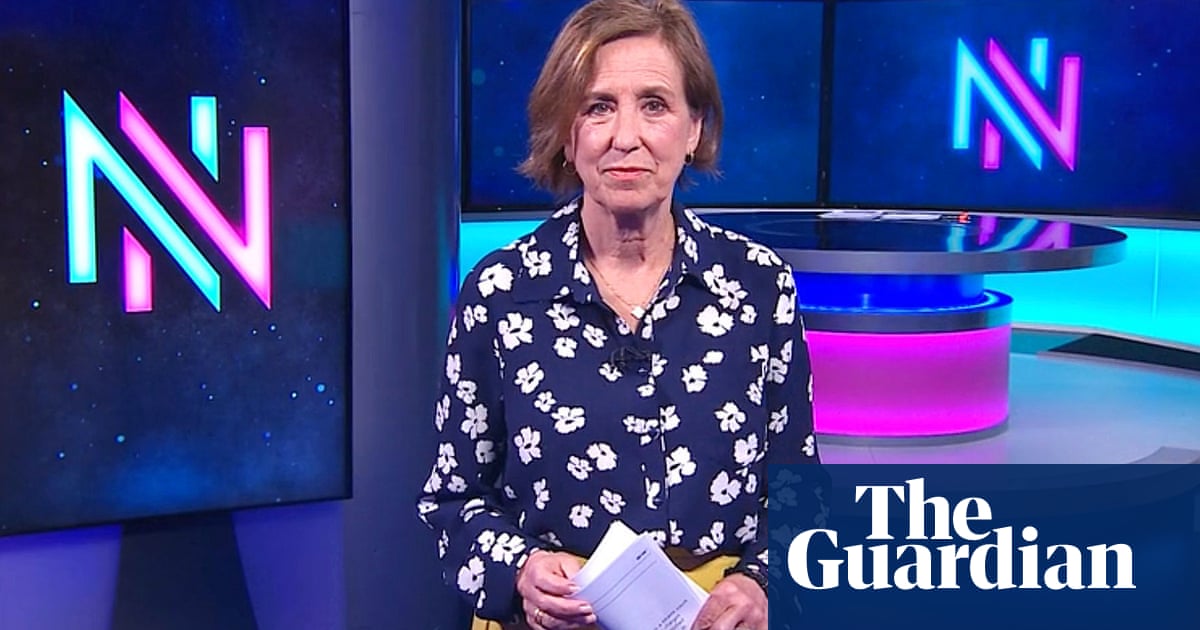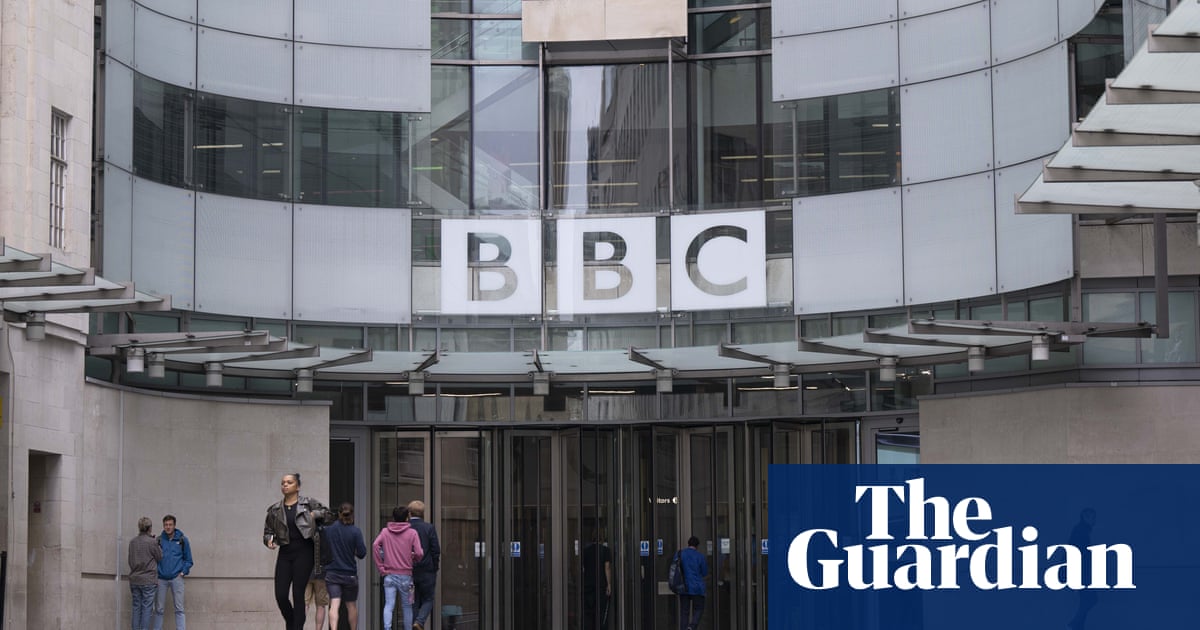
The BBC’s governing body has said the UK’s creative sector will be hit by the government’s decision to limit the expected licence fee increase to £10, after the culture secretary confirmed a below-inflation rise.
Lucy Frazer raised further alarm at the highest levels of the UK’s public service broadcaster on Thursday when she announced that its taxpayer-funded model would be reviewed and “alternative models” of funding explored.
In a move that will raise fears about the privatisation of the BBC and further cuts to its budget, Frazer told MPs that the review would “look at how we can ensure the funding model is fair to the public, sustainable for the long term and supports the BBC’s vital role in growing our creative industries”.
In a statement to the Commons, in which she did not mention the phase “public service broadcasting”, Frazer confirmed that the licence fee, which funds much of the corporation’s operations, would rise by £10.50 to £169.50 a year. It will be an increase that is below inflation.
The BBC board, in a strongly worded statement, said the below-inflation increase would “require further changes on top of the major savings that we are already delivering”.
It added: “Our content budgets are now impacted, which in turn will have a significant impact on the wider creative sector across the UK. We will confirm the consequences of this as we work through our budgets in the coming months.”
The current £159 annual fee had been frozen for two years and would have been increased by about £15 given a rise – as agreed with the BBC last year – that was in line with inflation.
In January 2022 the government and BBC had agreed upon a six-year licence fee settlement, which froze the licence fee for two years and the increases were set to raise in line with inflation from 2024.
Frazer said the government had decided to alter how the inflation-linked uplifts to the licence fee were calculated because of the cost of living crisis. The calculations would now use September’s 6.7% inflation rate, rather than the usual annual average, which is now 9%.
The chief executive of BBC News, Deborah Turness, said last week the impact of inflation and a flat licence fee meant the BBC was facing a £500m funding hole, as she announced that the evening news programme Newsnight would be cut to 30 minutes running time and lose half of its staff.
Steven Barnett, a professor of communications at the University of Westminster, said the BBC had already made serious cuts after accepting a two-year freeze in return for inflation-linked increases from 2024. “By reneging on its deal the government is yet again undermining one of the UK’s most valued and internationally admired institutions,” he said.
The National Union of Journalists said below-inflation increase would create a £90m funding gap and said the “13th-hour change to funding” would be “felt by audiences”.
“Cuts have consequences, as we have seen with cuts to BBC local radio this year and new announcements to cut back Newsnight, Panorama and 127 roles in news and current affairs,” said Paul Siegert, the union’s broadcasting organiser. “Cuts in funding mean cuts in programmes and output.”
The announcement on Thursday comes after years of attacks on the BBC from prominent Conservative MPs, which have increased fears about the public broadcaster’s long-term financial future and editorial independence.
Frazer stopped short of the stance taken by her predecessor, Nadine Dorries, who said the licence fee, which funds much of the corporation’s operations, would be abolished completely in 2027.
But insiders at the corporation said Frazer’s promise to “build an evidence-based understanding of alternative models for funding the BBC”, and a lack of commitment to the broadcaster’s future, was “highly worrying”.
Responding publicly to the review of the licence fee model, the BBC stressed that it was “an important and beneficial intervention in the UK media market” and said the public needed to “fully understand” that changes to its funding model would have implications.
It said: “It is absolutely right that we debate how it is best funded to ensure that the BBC can thrive, not just today, but in the future, performing a role where it projects the UK’s values across the globe, while also producing impartial news, and telling stories through our content that reflect the real lives of people across the UK. That role should not be separated from the debate about funding.
“We believe that public service should be at the heart of the BBC and we need to ensure that if there are changes, that the public fully understands the implications of them, so that we all have a BBC that everyone can support and benefit from.”
The licence fee will be in place until at least 2027, under the terms of the BBC charter. If any significant changes are made they will come after the next general election.
The announcement comes after the veteran TV executive Samir Shah, co-author of a controversial government-commissioned racial disparities report in 2021, was named on Wednesday as the government’s preferred candidate to become BBC chair.












